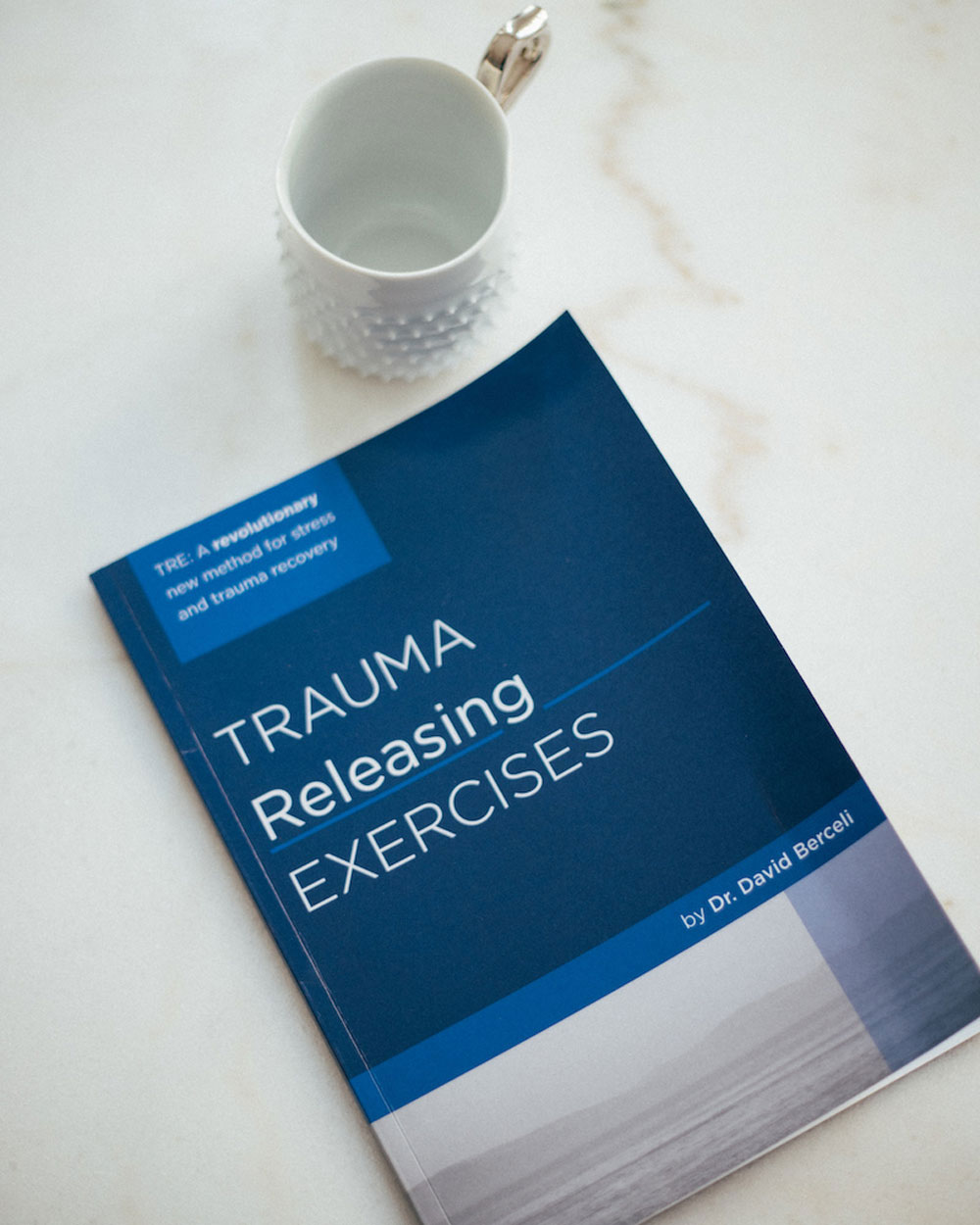Insights
The Path to Authentic Leadership: Investing in Personal Development and Embodied Leadership

However, the key to thriving in this environment lies not just in professional skills and knowledge but in investing in personal development and embracing embodied leadership coaching. In this blog post, we will explore why personal growth and somatic practices (link to FAQ) are crucial for managers and leaders, and the numerous benefits they can bring to both individuals and organizations. This blog post reflects my personal view. Sources to various studies are included below, should you wish to dive deeper.
Developing Emotional Intelligence through Personal Growth
Emotional intelligence is a critical trait for effective leadership. By working on personal development, managers and leaders can develop a deeper understanding of their emotions and the impact they have on others. Self-awareness and self-regulation are essential aspects of emotional intelligence that can be honed through introspection, reflection, and coaching. A leader who is in touch with their emotions is better equipped to empathize with their team members and build stronger, more authentic connections.
Resilience Building in the Face of Challenges
The corporate landscape is rife with challenges and adversities. Personal development and somatic practices enable leaders to build resilience, a crucial quality for navigating turbulent times. By investing in their well-being and emotional regulation, managers and leaders become more adept at bouncing back from setbacks. Resilient leaders are better equipped to inspire their teams during difficult periods, fostering a sense of stability and confidence within the organization.
Unlocking Creativity and Innovative Thinking
Somatic practices have the unique ability to unlock creativity and innovative thinking. By releasing physical and emotional blocks through practices like Yoga or Tension and Trauma Releasing Exercises (TRE®), leaders liberate their minds to explore new ideas and perspectives. Innovative thinking is a valuable asset in the corporate world, enabling leaders to find novel solutions to complex challenges and stay ahead of the competition.
Embracing Self-Care and Well-Being
As leaders prioritize personal development and embodied leadership coaching, they prioritize their own well-being and self-care. The demands of leadership can lead to neglect of one’s physical and mental health, which can result in burnout and diminished performance. By embracing somatic practices and integrating them into their daily routines, leaders promote a healthier (work-)life balance and ensure they are operating at their best potential.
Authentic Leadership and Building Trust
Authenticity is a prized trait in leaders that fosters trust and loyalty among employees. Somatic practices encourage leaders to be more in tune with their bodies, emotions, and vulnerabilities. As leaders embrace their authenticity, they create an open and trustworthy work environment. Employees appreciate leaders who are genuine and approachable, which fosters a positive company culture and strengthens team morale.
Impacting Team Management and Employee Engagement
Leaders who invest in personal growth and embodied leadership coaching possess a unique skill set to manage and inspire their teams. Through emotional intelligence, resilience, and creativity, they can lead by example and inspire their employees to follow suit. This leadership style fosters higher levels of employee engagement, as team members feel valued and understood by their leaders. An engaged workforce leads to higher productivity, lower turnover rates, and an overall positive impact on the organization’s performance.
The Power of Intuition and Mind-Body Connection
Intuition is often referred to as the “sixth sense” of leadership. By embracing somatic practices, such as body-oriented coaching or mindfulness, managers and leaders can tap into their intuition and access a profound sense of wisdom. The mind-body connection serves as a powerful tool for decision-making, as it combines cognitive insights with bodily sensations and gut feelings. Leaders who rely on both logical analysis and intuitive knowing are better positioned to make well-informed, balanced decisions.
Conclusion
Investing in personal development and embracing embodied leadership is not a luxury but a necessity for managers and leaders in the corporate world. By developing emotional intelligence, embracing intuition, building resilience, unlocking creativity, and prioritizing well-being, leaders can transform their approach and create a positive impact on their teams and organizations. Authentic leaders who lead with empathy and self-awareness foster a work environment that inspires growth, innovation, and engagement. In the journey towards authentic leadership, the integration of personal development and somatic practices paves the way for lasting success and fulfillment in the corporate landscape.
Sources
Emotional Intelligence and Leadership:
One study published in the Journal of Applied Psychology in 2020 examined the relationship between emotional intelligence and transformational leadership. The researchers found that leaders with higher emotional intelligence were more likely to exhibit transformational leadership behaviors, such as inspiring and motivating their followers. The study concluded that emotional intelligence plays a crucial role in effective leadership styles. (Source: Sy, T., Côté, S., & Saavedra, R., Journal of Applied Psychology, 105(12), 1403-1420. doi: 10.1037/apl0000488)
Somatic Practices and Resilience:
A study published in the Journal of Traumatic Stress in 2018 investigated the effectiveness of Tension and Trauma Releasing Exercises (TRE®) in reducing symptoms of post-traumatic stress disorder (PTSD) and improving resilience. The results showed that TRE® significantly reduced PTSD symptoms and increased resilience levels in participants, supporting the use of TRE® as a complementary approach in trauma treatment. (Source: Van der Kolk, B., Stone, L., West, J., Rhodes, A., Emerson, D., Suvak, M., … & Spinazzola, J., Journal of Traumatic Stress, 31(3), 431-442. doi: 10.1002/jts.22296)
Somatic Practices and Creativity:
While specific studies on somatic practices and creativity are limited, research on mindfulness practices, which also involve somatic awareness, has been associated with enhanced creativity. A study published in the Creativity Research Journal in 2018 investigated the effects of mindfulness on creativity and found that individuals who engaged in mindfulness practices showed increased creativity and idea generation compared to a control group. (Source: Ostafin, B. D., & Kassman, K. T., Creativity Research Journal, 30(4), 379-384. doi: 10.1080/10400419.2018.1509681)
Insights

